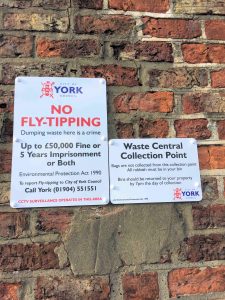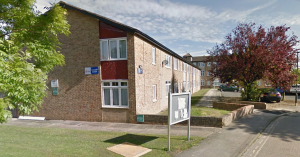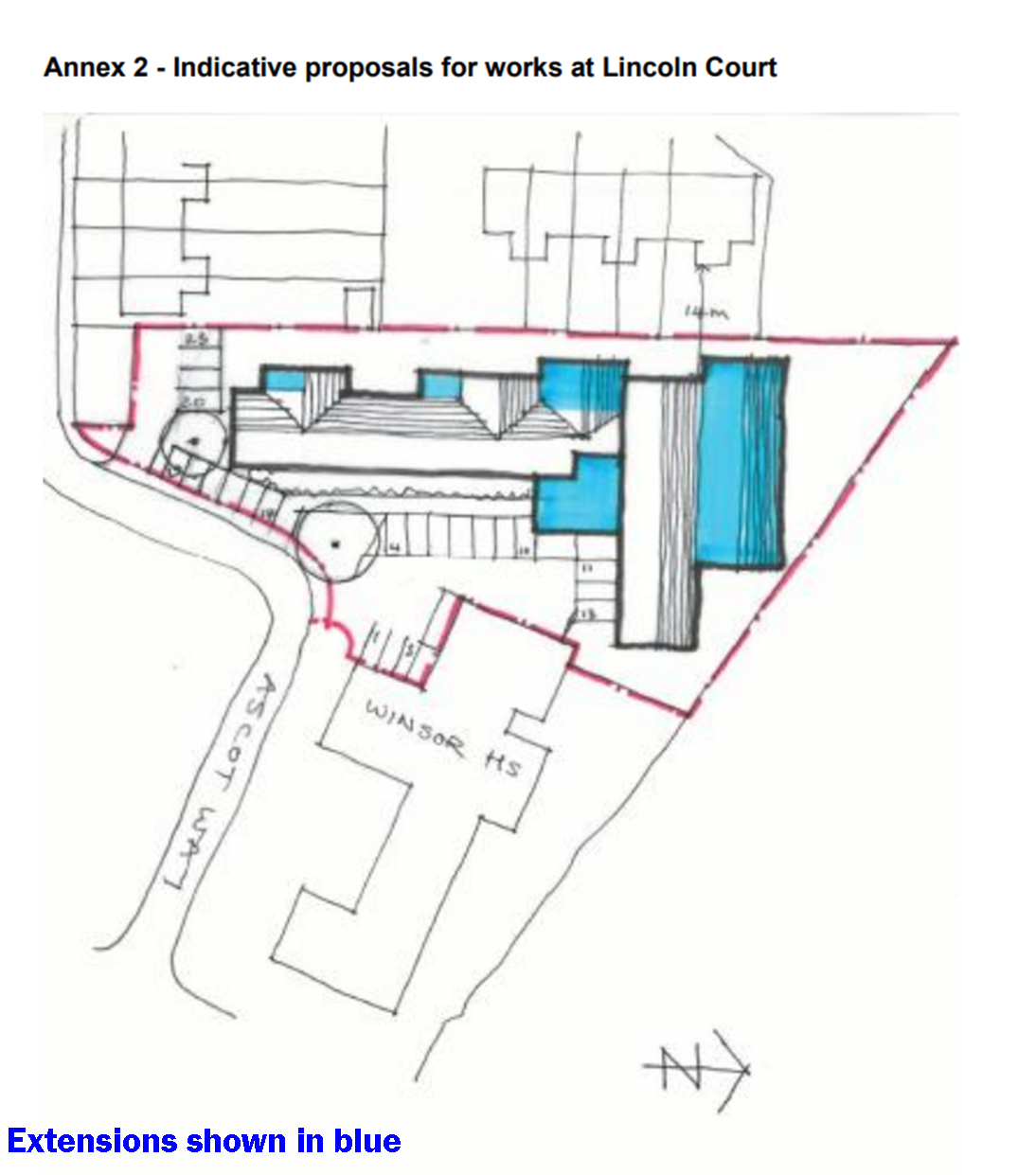On Thursday 15 March, the council’s Executive will discuss the option to adopt the charter which seeks to establish a minimum baseline for the safety, quality and dignity of care.
The charter was developed and published by UNISON after they conducted a national survey of homecare workers in 2012 and has three stages. In July 2017 a motion was approved at full council asking officers to look at the implications and take a report to Executive.
At the meeting councillors will be asked to agree to adopt stages one and two of the charter which will include:
- The time allocated to visits will match the needs of clients
- Visits being scheduled so that homecare workers are not forced to rush their time with clients
- Clients being allocated the same homecare workers wherever possible
- Zero hours contracts not being used as the only option. Providers offering a range of contract options to staff to ensure flexible employment options for care workers.
- Homecare workers being regularly trained and given the chance to regularly share best practice with co-workers and limit their isolation.
Councillors will also be asked to agree for further work to be undertaken to assess the financial implications of adopting stage three which is for all staff to be paid at Foundation living wage and providers adopting occupational sickness pay schemes, with a report to be taken back at a later date.
Councillor Carol Runciman, Executive Member for adult social care and health said: “We recognise the vital job that homecare workers across the city to support our residents. These changes look to help them and support the recruitment and retention of care staff.
“We’ve been working with providers closely on these plans. We know in York that our residents receive a standard of homecare that is well above the national average, these proposals look to promote high quality care services and further increase the standard of care in York.”

 Councillors will be asked to adopt the ‘ethical care charter’ for home care workers across the city when they meet next week.
Councillors will be asked to adopt the ‘ethical care charter’ for home care workers across the city when they meet next week. A new campaign to help curb fly-tipping is reminding residents and businesses that by law, their waste is their responsibility and must be disposed of safely and legally, otherwise they face a significant fine.
A new campaign to help curb fly-tipping is reminding residents and businesses that by law, their waste is their responsibility and must be disposed of safely and legally, otherwise they face a significant fine.



